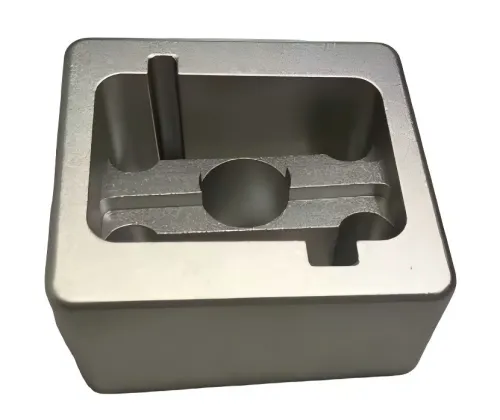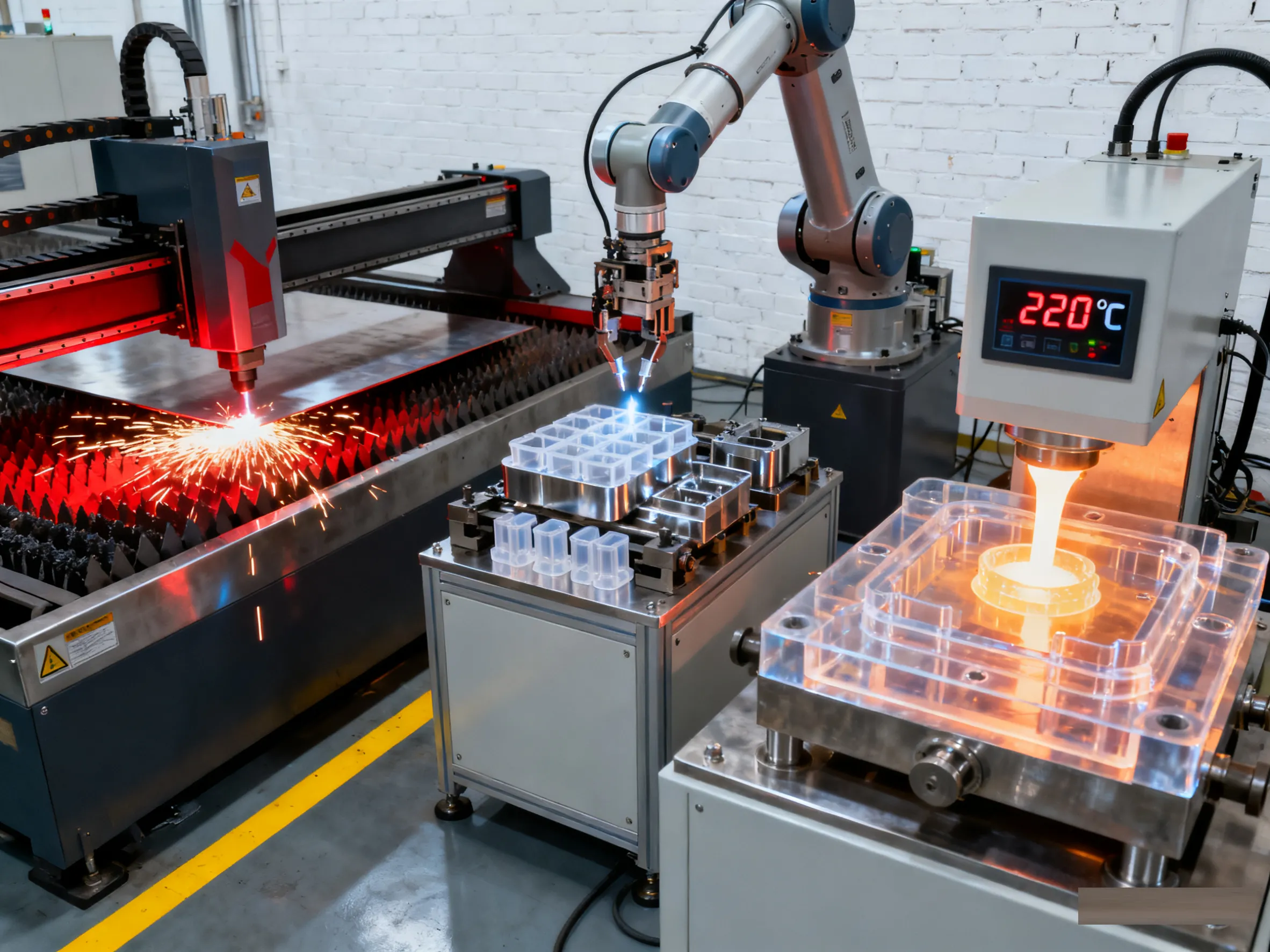Aluminum 2024-T3
This aluminum alloy resists fatigue well and is quite machinable, but exhibits poor weldability characteristics. It is not very resistant to corrosion, so it requires surface treatments if used in harsh environments. Aluminum 2024-T3 is typically used for bolts, aircraft fittings, and pistons.
Aluminum 2024-T3 Properties
Aluminum 5052-H32
This aluminum alloy uses magnesium as its primary alloying element. It is very corrosion-resistant due to the lack of copper in its composition but it cannot be heat-treated. Aluminum 5052 is typically used in fuel tanks, sheet metal parts, and fuel/oil lines.
Aluminum 5052 Properties
Aluminum 6061
This grade of aluminum is considered a general-purpose alloy. It has excellent machinability characteristics and can be easily welded. The primary alloying elements are magnesium and silicon. This aluminum alloy is regularly used to make electrical fittings, brake pistons, and bike frames.
Aluminum 6061 Properties
Aluminum 6063
There is only a slight difference between the alloying elements in aluminum 6063 as compared to 6061. This aluminum alloy is not as strong but offers better formability. As a result, it’s well-suited for pipes, railings, and extrusions.
Aluminum 6063 Properties
Aluminum 7050
This aluminum alloy is one of the strongest available. Its main alloying element is zinc. Aluminum 7050 achieves its strength by sacrificing corrosion resistance; the inclusion of copper is the reason behind both effects. This alloy is also highly machinable. Its strength makes it ideally suited for aircraft structures.
Aluminum 7050 Properties
Aluminum 7075
This alloy is slightly stronger than 7050 aluminum and has very good fatigue resistance, making it ideal for applications that undergo cyclic loading. Its main alloying element is zinc and its typical applications include meter shafts and gears, aircraft fittings, and shaft keys.
Aluminum 7075 Properties


